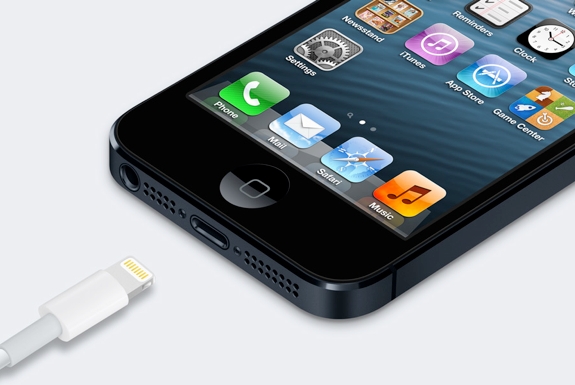UPDATE FIXES VERIZON IPHONE 5 DATA GLITCH; CUSTOMERS WON'T BE CHARGED FOR OVERAGES
Verizon iPhone 5 customers may have noticed an issue wherein their phones gobbled up extra cellular data when they were theoretically connected to Wi-Fi networks. Those customers now have two bits of good news: There’s a special software update that fixes the problem, and they won’t be responsible for unexpected charges related to unintended network overages related to the issue that spurred the carrier update in the first place.
10 HOT IT SKILLS FOR 2013
The number of companies planning to hire tech professionals continues to grow, with 33% of the 334 IT executives who responded to Computerworld's 2013 Forecast survey saying they plan to increase head count in the next 12 months..
APPLE WARNS ICLOUD USERS OF LOOMING STORAGE LOSS
Apple on Monday began reminding some iCloud users that they will soon lose the 20GB of free storage they'd received when they migrated from MobileMe.
Nook Video set for fall premier
Barnes and Noble Tuesday announced that Nook Video will premiere this fall in the U.S. and UK. The service will offer access to movies and TV shows for streaming and download.
Eight simple steps to make the upgrade to iPhone 5 easier
A little planning can save time - and voice messages - when you upgrade to the new iPhone 5







.jpg)


